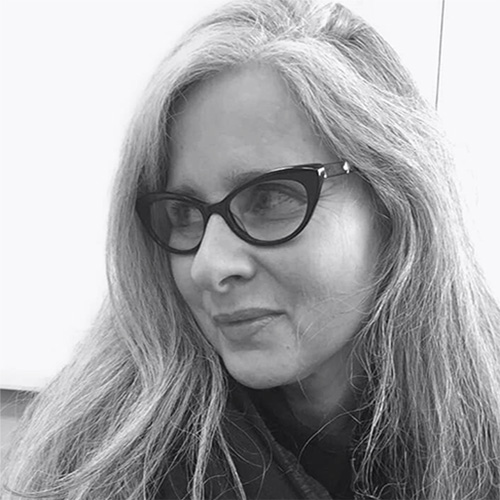 I recently had a zoom interview with poet Anne Elezabeth Pluto to discuss her most recent book, How Many Miles to Babylon. The author sipped tea while holding her adorable adopted French Bulldog named Celine on her lap. Pluto is the editor of Nixes Mate Review and teaches at Lesley University. This is her second book.
I recently had a zoom interview with poet Anne Elezabeth Pluto to discuss her most recent book, How Many Miles to Babylon. The author sipped tea while holding her adorable adopted French Bulldog named Celine on her lap. Pluto is the editor of Nixes Mate Review and teaches at Lesley University. This is her second book.
Tag: Interview
Samuel in the Quantum Field: How One Boy’s Holocaust Story Can Help Us Bridge Space, Time, and Everything In Between – An interview with author Elyn Joy
 The author of Samuel in the Quantum Field talks about the inspiration for her book, her research and transcription process, her unique, physics approach, the book’s relationship a Sioux City railroad memorial exhibit called Desperate Passages, and lots more.
The author of Samuel in the Quantum Field talks about the inspiration for her book, her research and transcription process, her unique, physics approach, the book’s relationship a Sioux City railroad memorial exhibit called Desperate Passages, and lots more.
Mary Pacifico Curtis and Sybil Baker In Conversation
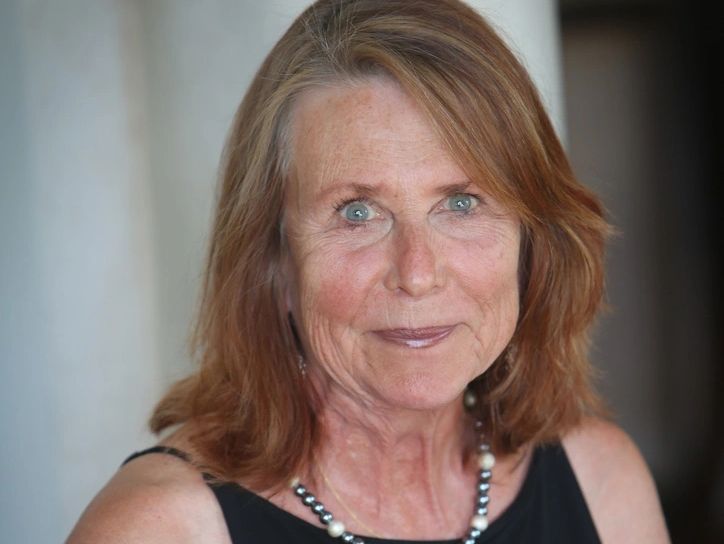
 The authors of Understanding Moonseed and Apparitions chat about their books, inspirations, their settings and the importance of place, process, spirituality, ghosts, magic realism, the impact of covid, and much more.
The authors of Understanding Moonseed and Apparitions chat about their books, inspirations, their settings and the importance of place, process, spirituality, ghosts, magic realism, the impact of covid, and much more.
An Interview with Angélica Lopes
 The author of The Curse of the Flores Women talks about her new book and its inspiration, its Brazilian setting of rural Pernambuco, lacemaking, historical fiction, feminism, the differences between writing scripts for movies and TVs and writing novels, research, writing YA and lots more.
The author of The Curse of the Flores Women talks about her new book and its inspiration, its Brazilian setting of rural Pernambuco, lacemaking, historical fiction, feminism, the differences between writing scripts for movies and TVs and writing novels, research, writing YA and lots more.
An Interview with Jolene Gutierrez
 Now fifty—looks 30—Gutiérrez feels like she’s just hitting her stride as an author. I had the chance to sit down in her inviting library, surrounded by books and stained glass, to talk about writing, kids, libraries, and the power and joy of books.
Now fifty—looks 30—Gutiérrez feels like she’s just hitting her stride as an author. I had the chance to sit down in her inviting library, surrounded by books and stained glass, to talk about writing, kids, libraries, and the power and joy of books.
On Characterization and Place in Poetry: A conversation between Tennison Black and Tiffany Troy

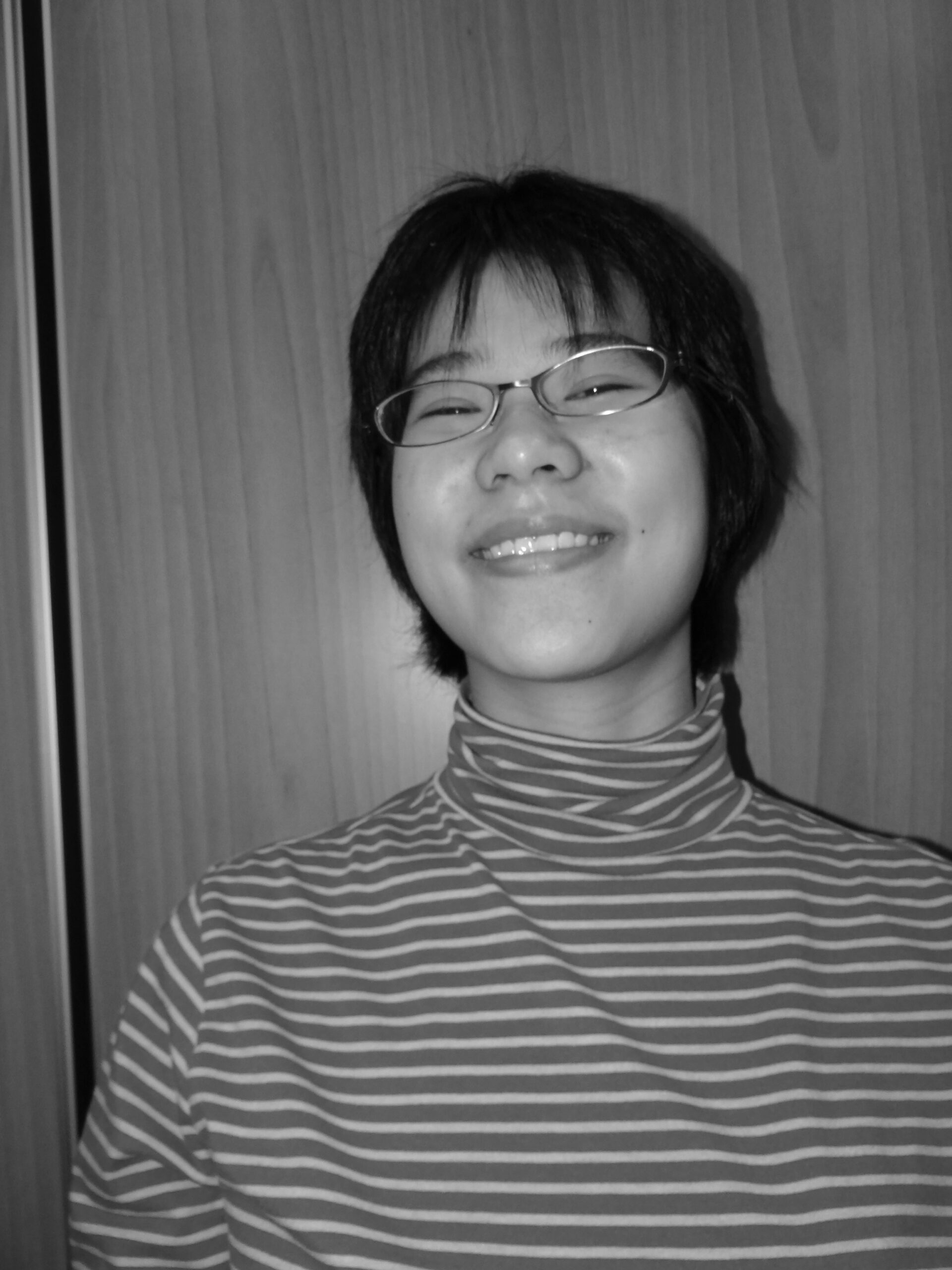 Tennison S. Black is the author of Survival Strategies (UGA Press, 2023), which won the National Poetry Series. Tiffany Troy is author of Dominus (BlazeVOX [books]) and co-translator of Santiago Acosta’s The Coming Desert /El próximo desierto (forthcoming, Alliteration Publishing House). In this warm, rich conversation, the two poets talk about their latest books, journey, history, characterization, voice, legacy, craft and much more.
Tennison S. Black is the author of Survival Strategies (UGA Press, 2023), which won the National Poetry Series. Tiffany Troy is author of Dominus (BlazeVOX [books]) and co-translator of Santiago Acosta’s The Coming Desert /El próximo desierto (forthcoming, Alliteration Publishing House). In this warm, rich conversation, the two poets talk about their latest books, journey, history, characterization, voice, legacy, craft and much more.
An interview with Ruth Danon
 The author of Turn Up The Heat talks about her latest book, about becoming a poet and the nature of poetry, the relationship between form and content, her style, the subject-object relationship, rhythm and musicality, voice, on doing readings, and lots more.
The author of Turn Up The Heat talks about her latest book, about becoming a poet and the nature of poetry, the relationship between form and content, her style, the subject-object relationship, rhythm and musicality, voice, on doing readings, and lots more.
An Interview with Author David Dvorkin
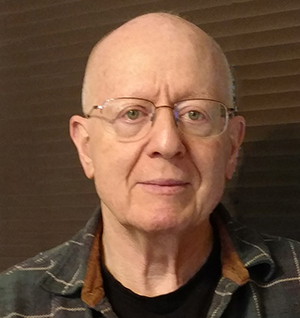 “I’m more invigorated artistically now than I have been for decades,” says author David Dvorkin in his soft, lilting English accent. We’re sitting in a quaint coffee shop discussing his new novel, Cage of Bone. The novel, he explains, is a crime thriller with telepathy, psychological components and a science fiction twist.
“I’m more invigorated artistically now than I have been for decades,” says author David Dvorkin in his soft, lilting English accent. We’re sitting in a quaint coffee shop discussing his new novel, Cage of Bone. The novel, he explains, is a crime thriller with telepathy, psychological components and a science fiction twist.
An interview with Ninety-Day Wonder’s Stephen Davenport
 Now ninety-three, he shares his frank recollection of his discomfort, ill-fit, and near disastrous mishaps calling the shots for his ship and crew, many who were tagged the Greatest Generation. He also recounts becoming a newly-wed, and his first years with his sweetheart, Joanna. (Steve and Joanna are now in their 70th year of marriage.)
Now ninety-three, he shares his frank recollection of his discomfort, ill-fit, and near disastrous mishaps calling the shots for his ship and crew, many who were tagged the Greatest Generation. He also recounts becoming a newly-wed, and his first years with his sweetheart, Joanna. (Steve and Joanna are now in their 70th year of marriage.)
An interview with Maddie Norris, author of The Wet Wound
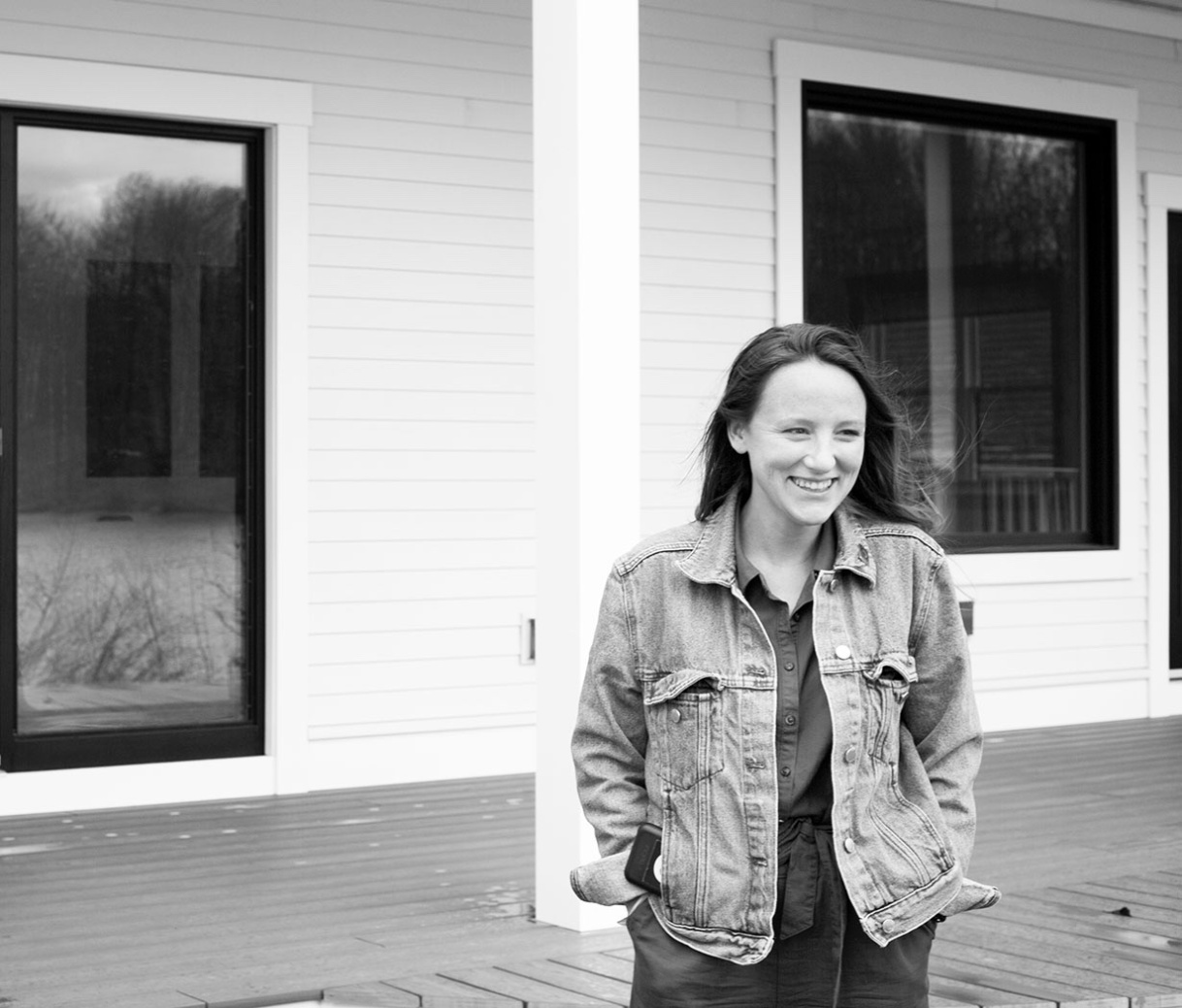 The author of The Wet Wound talks about her new book, choice of subtitle, balancing the heaviness of subject matter, ideal reader, the use of illustrations, and more.
The author of The Wet Wound talks about her new book, choice of subtitle, balancing the heaviness of subject matter, ideal reader, the use of illustrations, and more.